Research on Automotive Mechanical Manufacturing Processes and Precision Machining Technology
DOI: 10.23977/jpim.2025.050106 | Downloads: 48 | Views: 1006
Author(s)
Xie Guoying 1
Affiliation(s)
1 Beiqi Foton Motor Co., Ltd., Beijing, 102206, China
Corresponding Author
Xie GuoyingABSTRACT
As the automotive industry advances toward electrification, lightweight design, and intelligent features, the requirements for component machining accuracy, surface quality, and material utilization have increased significantly. Traditional rough machining processes can no longer meet the demands of modern vehicles for high-performance engines, chassis components, and lightweight aluminum parts. This paper first reviews the application characteristics and optimization strategies of casting and forging processes in the manufacture of key automotive components such as engine blocks and transmission housings, and it explains the roles and synergy of sheet metal forming and welding technologies in body panels and modular chassis production. Next, this study delves into key CNC machining technologies—multi-axis kinematic machining, high-speed cutting, and tool-parameter optimization—as well as the applications of micro-machining and surface treatment for small-feature components like electronic sensor housings and fuel-system microchannels. By combining the concepts of flexible manufacturing systems and digital workshops, and through case analysis and experimental validation, a scheme is proposed for linking casting/forging rough machining to precision CNC machining. Utilizing digital twin technology and online monitoring, the process is visualized and optimized in a closed loop. Experimental results show that, by reasonably planning tool paths, optimizing cutting parameters, and introducing automated assembly units, part dimensional accuracy can be improved to within ±0.005 mm, surface roughness reduced to Ra 0.4 μm, production cycles shortened by 15 %–20 %, and yield rates increased by 12 %. Finally, with the lightweight and high-performance requirements of new energy vehicles in mind, future directions are projected: intelligent tool-path planning, online quality inspection, and green manufacturing technologies. This work provides both theoretical guidance and practical reference for building an efficient, low-consumption, and sustainable automotive mechanical manufacturing and precision machining system.
KEYWORDS
Automotive Mechanical Manufacturing Process; Precision Machining Technology; CNC Machining; Intelligent Manufacturing; Flexible ManufacturingCITE THIS PAPER
Xie Guoying, Research on Automotive Mechanical Manufacturing Processes and Precision Machining Technology. Journal of Precision Instrument and Machinery (2025) Vol. 5: 45-52. DOI: http://dx.doi.org/10.23977/jpim.2025.050106.
REFERENCES
[1] Cheung, Benny CF, and Jiang Guo. "Editorial for the Special Issue on Advances in Ultra-Precision Machining Technology and Applications." Micromachines 13.12 (2022): 2093.
[2] Zhang, Dong, et al. "Knowledge-Driven Manufacturing Process Innovation: A Case Study on Problem Solving in Micro-Turbine Machining." Micromachines 12.11 (2021): 1357.
[3] Choi, Jun Young, et al. "Current applications and development of composite manufacturing processes for future mobility." International Journal of Precision Engineering and Manufacturing-Green Technology 10.1 (2023): 269-291.
[4] Twardowski, Paweł, and Michał Wieczorowski. "Monitoring of Cutting Process and Tool Condition of Metal and Metal Composite." Materials 16.10 (2023): 3660.
[5] Boral, Piotr, Rafał Gołębski, and Ruzena Kralikova. "Technological aspects of manufacturing and control of gears." Materials 16.23 (2023): 7453.
[6] Awasthi, Ankita, Kuldeep K. Saxena, and Vanya Arun. "Sustainable and smart metal forming manufacturing process." Materials Today: Proceedings 44 (2021): 2069-2079.
[7] Wen, Xiaojian, et al. "The key technologies of machining process design: a review." The International Journal of Advanced Manufacturing Technology 120.5 (2022): 2903-2921.
[8] Lee, Jongsuk, et al. "Key enabling technologies for smart factory in automotive industry: status and applications." International Journal of Precision Engineering and Manufacturing-Smart Technology 1.1 (2023): 93-105.
[9] Bing, Wang. "Analysis on Design and Manufacturing Technology and Precision Machining Technology of Woodworking Machinery." Forest Chemicals Review (2021): 232-239.
[10] Soori, Mohsen, Behrooz Arezoo, and Roza Dastres. "Machine learning and artificial intelligence in CNC machine tools, a review." Sustainable Manufacturing and Service Economics 2 (2023): 100009.
| Downloads: | 474 |
|---|---|
| Visits: | 41812 |
Sponsors, Associates, and Links
-
Cybernetics and Mechatronics
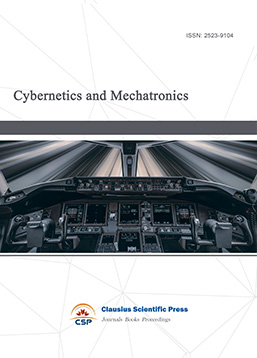
-
Journal of Engineering Mechanics and Machinery
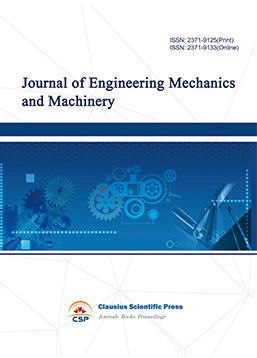
-
Digital Manufacturing and Process Management
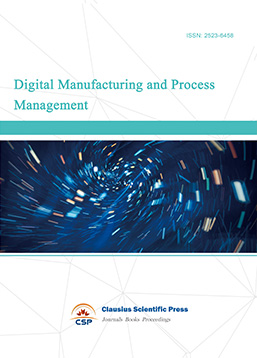
-
Ultra-Precision Machining Process

-
Journal of Robotics and Biomimetics
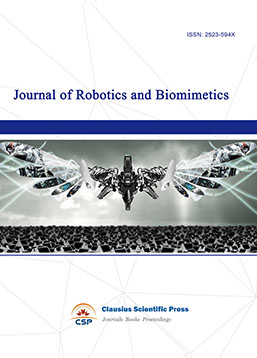
-
Prognostics, Diagnostics and Health Management

-
Micro-Electro-Mechanical Systems

-
Engineering and Solid Mechanics

-
Fracture and Damage Mechanics

-
Frontiers in Tribology
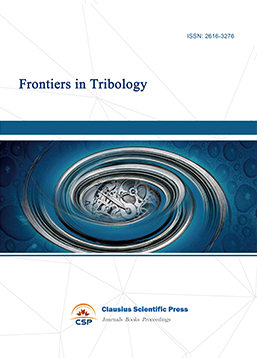
-
Fluid and Power Machinery

-
Chemical Process Equipment
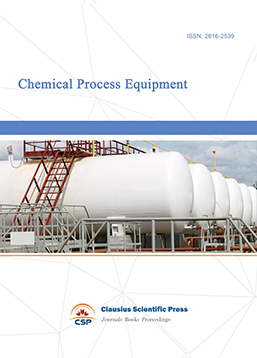
-
Journal of Assembly and Manufacturing

-
Mechanical Vibration and Noise
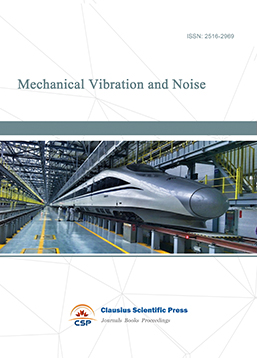

 Download as PDF
Download as PDF